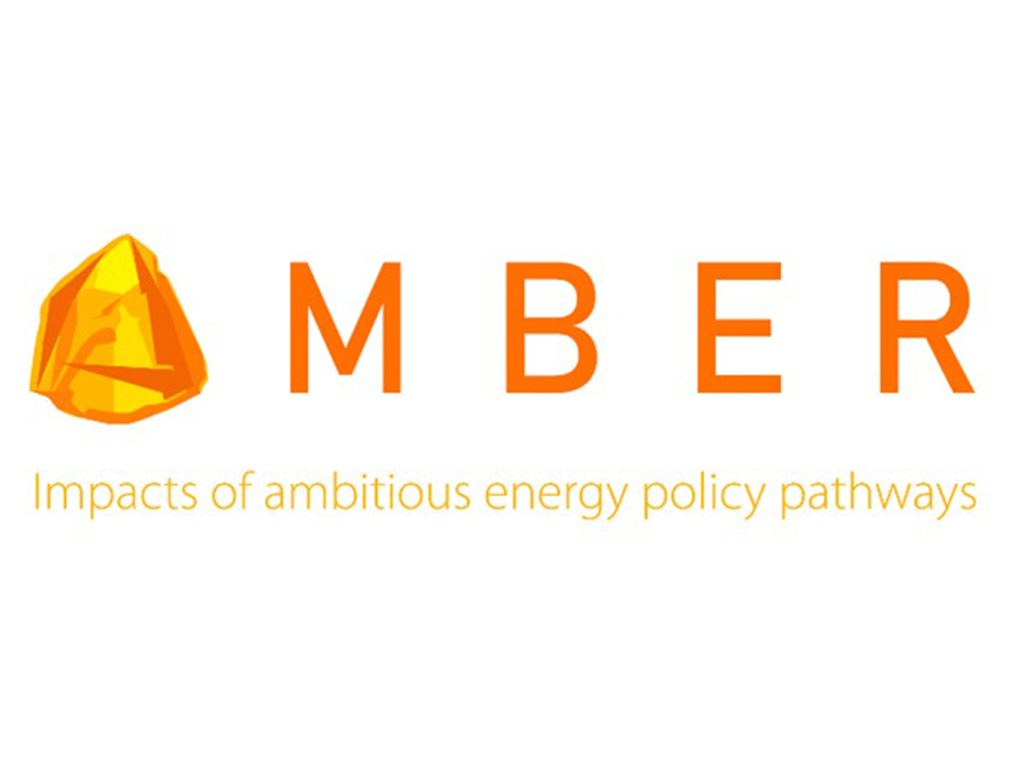
Baltic-Nordic research in decarbonization
The article is written by Nelli Putkonen Two Baltic-Nordic research projects are investigating the possibilities for decarbonization in Estonia, Latvia, and Lithuania. An essential part of both projects is to…
The article is written by Nelli Putkonen
Two Baltic-Nordic research projects are investigating the possibilities for decarbonization in Estonia, Latvia, and Lithuania. An essential part of both projects is to share tools and create cooperation between Baltic and Nordic researchers.
Finnish, Estonian, Latvian, and Lithuanian research consortia are exploring options for how the Baltic countries can move away from fossil fuels and towards carbon neutrality in two joint research projects called:
- FasTen (Fast, flexible, and secure decarbonization of the Baltic states – possible progress in the next Ten years)
- Amber (Impacts of ambitious energy policy pathways).
The projects use computer modelling methods for energy systems to investigate the effects that different policy measures and technology development would have for the Baltic system. It is expected that further Baltic and Nordic research projects will benefit from the open source model and data set published during the projects.
The FasTen project
The FasTen project aims to identify the most cost-effective and short-term measures to reduce carbon emissions in the Baltic countries – taking into account local energy political objectives and stakeholder views.
The modelling represents the Estonian, Latvian and Lithuanian energy system by 2030, including power and heat production, transport and space heating.
The Amber project
The Amber project is based on the FasTen model, and will aim to find long-term policy pathways to achieve national and EU emissions targets. The focus is on identifying the most feasible technologies, measures and strategies for carbon reductions, electrification and increased system flexibility in the coming decades. Key technologies included in the study are wind, solar, biomass, electric vehicles, heat pumps, heat storage, batteries, and hydrogen.
Publication of results
The FasTen project is well underway and the first results are expected to be presented this autumn. The overall results as well as an open-source Baltic database will be ready by the end of 2021. The results of the Amber project are expected to be published by the end of 2022.
The project partners are Technical Research Center of Finland (VTT), Riga Technical University (RTU), Lithuanian Energy Institute (LEI) and Tallinn Technical University (TalTech).
The two projects are part of The joint Baltic-Nordic Energy Research Program

